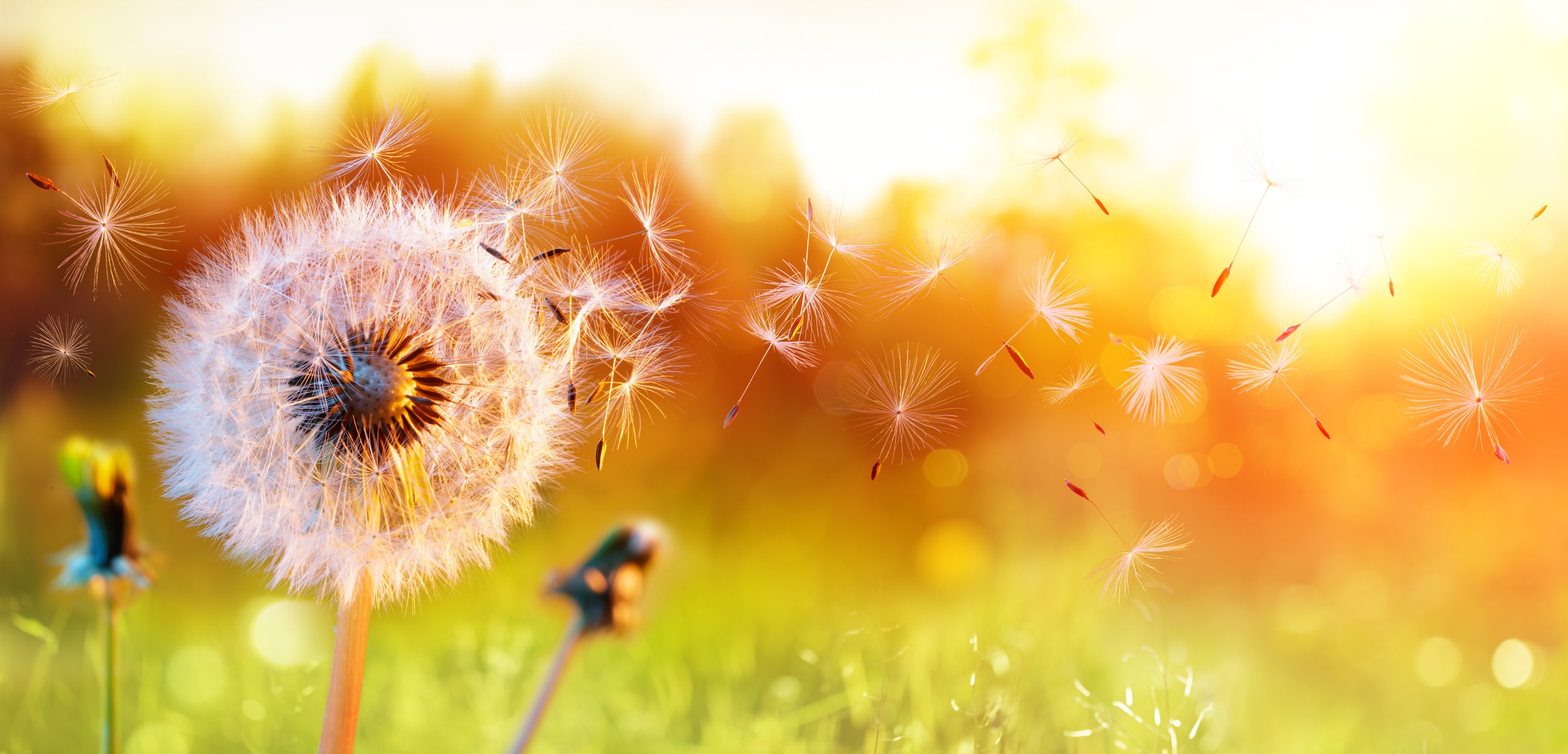was added to your cart
Simple Tips to Minimise your Allergies this Summer

Simple Tips to Minimise your Allergies this Summer
If you suffer from allergies yourself or know someone who does, you’ll already be well aware that allergies can put a real damper on day-to-day life! And when it comes to hay fever, this seasonal allergy sends our immune systems into defence mode and our bodies respond with an array of reactions that result in the all too familiar bunged up, swollen and sometimes feeling completely miserable- that’s a lot to deal with when the sun is out! So it’s no wonder that people are in search of natural alternatives to help those hay fever symptoms buzz off. Here are a few simple tips that may help minimise your seasonal suffering this summer!
 Keep pollen particles outdoors
Keep pollen particles outdoors
Hay fever symptoms are triggered by pollen, a very fine powder that is released from plants as part of their natural reproductive cycle. When pollen is inhaled, the immune system responds to pollen as if it were a threat (similar to a virus or pathogenic bacteria) and mounts a rapid response triggering the release of histamine which is the root cause of hay fever symptoms. Since pollen is the trigger, try to do all that you can to avoid pollen particles from entering your home (and workplace). By keeping your doors and windows closed as much as possible and avoiding drying washing on the line outside can significantly reduce pollen particles from collecting.
Stay on top of your probiotic intake
Probiotics can help boost the immune system and soothe inflammation set off by the immune system in response to pollen particles. Interestingly, studies have shown a strong link between gut health and the presence of allergies, so probiotics may have a positive effect on hay fever symptoms.
 Get plenty of antioxidants
Get plenty of antioxidants
Antioxidant vitamins such as vitamins A, C and E can help to support a healthy immune system. A range of research has shown that these antioxidants can help maintain the integrity of capillaries and fine blood vessels and also possess anti-allergic, anti-inflammatory and anti-viral properties - key for hay fever support (though you may need up to 3g per day for beneficial effects).
 Include Quercetin
Include Quercetin
Quercetin (part of the polyphenol family) is another powerful antioxidant that may be particularly beneficial for hay fever sufferers due to its anti-allergic activity. It’s seen as a natural antihistamine because it can help stabilise the cells that release histamine in the first place and so help ease some of the unpleasant symptoms of allergies.

Riya Lakhani ANutr is a registered nutritionist and health writer with a special interest in plant-based nutrition. She has completed a Bachelor’s and Master’s degree in Human Nutrition, and has developed a passion for writing about all things plant-based.



